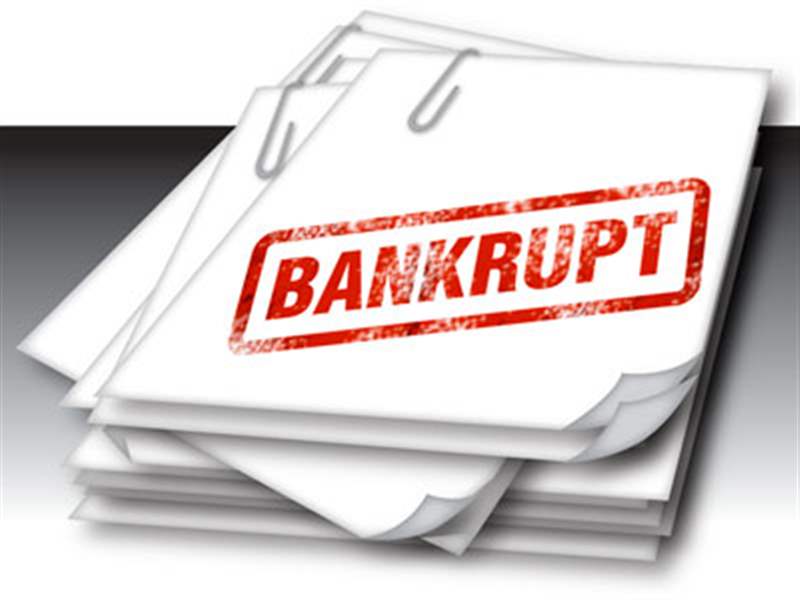
Bankruptcy Chapter 7 or 13
Needs work to clarify bankruptcy chapters, i.e. 7, 11 and 13 -td
Bankruptcy is also an option for debt relief, although it is the least desired option by debtors, financial experts and creditors.
If you are contemplating declaring for financial insolvency, you likely know you’re not alone. A large number of Americans seek financial protection through the legal system. Removing debt and, seeking financial protection from the courts are exceptionally complex tasks. Despite the fact that it is difficult, it very well may be the only way out.
This debt relief option will no doubt have a very drastic effect on your credit. What’s more, there no guarantee that your financial situation will warrant you be being able to file for bankruptcy. In fact, the chances of the courts approving your case is very slim.
There is also no guarantee that you will not have to pay all of your creditors if the bankruptcy judge rules that you qualify for a Chapter 7 or Chapter 13 bankruptcy. Chapter 7 means you will be forgiven of all your debts and Chapter 13 means you will make payments on a percentage of your outstanding debt.
The kind of insolvency you’ll need depends on your debt situation. The two principal kinds of bankruptcy are Chapter 7 liquidation and Chapter 13. Read on to find out more about the distinctions.
What is the distinction between Chapter 7 liquidation and Chapter 13 insolvency?
Chapter 7 and Chapter 13 are the two fundamental approaches to petition for financial protection as an individual. While Chapter 7 will exchange your advantages, Chapter 13 will alter your obligations and you will even now reimburse them.
Chapter 7 Bankruptcy
Chapter 7 is considered to be the most common form of bankruptcy. It can be used by a business or an individual. It is most normal for the disposition of uncollateralized debts, which are obligations other than property.
Uncollateralized debts include:
- credit card debts
- hospital bills
- Service bills
Chapter 11 is by and large a decent choice for individuals who have a low pay or are jobless. To check whether you meet all the requirements for Chapter 7, you should take a methods test. The methods test decides if your salary is low enough for your obligations to be released.
Chapter 13 Bankruptcy
Chapter 13 chapter 11 is utilized principally to stop a dispossession on your home. You don’t have to take a methods test to check whether you fit the bill for Chapter 13. Rather, capability depends on your ability to reimburse your aggregate anchored obligations. Through Chapter 13 liquidation your obligations don’t escape; they get rebuilt into a more sensible, intrigue free installment plan so you can inhale somewhat less demanding.
Chapter 13 chapter 11 is for the most part a decent choice for individuals who are sizably behind on their bills yet additionally have a consistent wage. Thusly you can at present reimburse your home loan obligations and stop abandonment on your home. This may likewise help with keeping your auto or different belonging while you pay them off. Contact a neighborhood chapter 11 lawyer to examine your particular case and get the majority of your liquidation questions replied.
